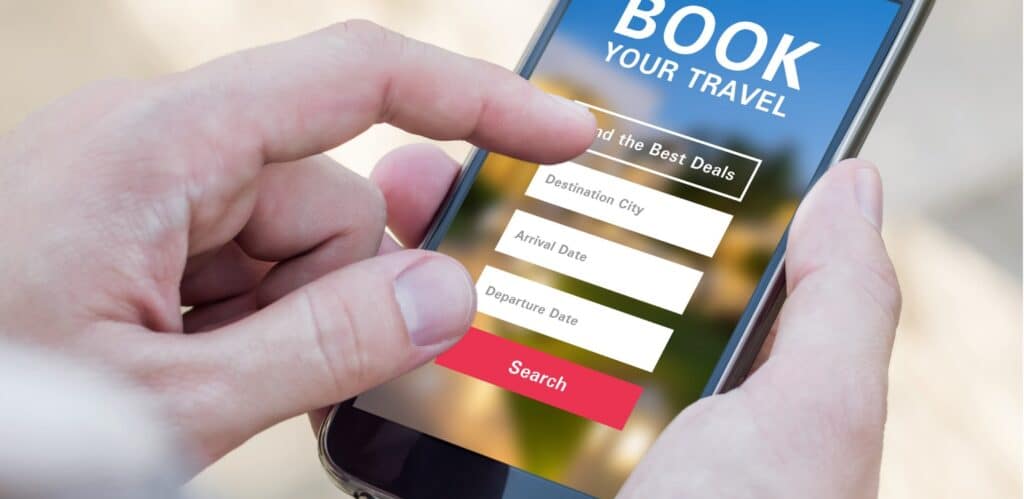So you’ve just got up and running with a great new B&B website, but how do you make sure your potential guests find it? After analysing a few thousand of our clients’ websites, we can tell you that over 90% of your website’s visitors will find your site in one of the three below ways, so we’ve outlined what you can do to get more B&B website visitors from each source.
1. Directly or from branded search
These are people that know your ‘brand’ and are searching for your name directly, so you need to ensure that you are easy to find when people are looking for your property. You can do this by implementing the following:
- Make sure you have a good URL: For example, if your property is called ‘Park House’ you should go for a URL like parkhouse.com or parkhouse.co.uk; do not call yourself ‘theparkhouse’ or ‘thepark’ or capitalise with ‘THEPARK’ – you just need to have one name and stick to it. (Expert tip: buy both of your .com and .co.uk domains so that you don’t end up competing with another hotel using the other domain!)
- Describe who you are and where you are in your content: You need to use your location e.g. Park House Hotel, London.
- Make sure you are featured on travel websites like Expedia, Laterooms and Booking.com: A lot of potential guests will go to your website for more information after seeing your property on a travel website, if your site is good then the guest should book with you directly. This is often referred to as the “billboard effect”.
2. Non-branded search
These are people who are searching for a place to stay but they don’t know who you are yet. You need to make sure your property can be found depending on what phrase they are typing into the search engine in order to encourage more B&B website visitors. Below are some other factors Google will take into account:
- Your website needs to be mobile friendly: This means that your site has to re-size and read well on any device. Google will rank you higher if you are.
- They need to be able to book there and then: When they find your hotel you need to be able to convert them into a paying guest, 56% of people are put off by having to telephone or email.
- Content: You should think of 4-5 phrases that best categorise your property and use them throughout your website, for example ‘luxury hotel Bath’ or ‘romantic getaway near Bath’. (Expert tip: don’t pick highly competitive search terms like ‘hotel in Bath’- you need to be specific to beat the competition). However, you still need to ensure that your content looks natural and make sure you don’t add lots of ‘keywords’ at the bottom of your page –Google doesn’t like it.
- Links: Google measures how many people link to your website as a sign of its quality. So if you use TripAdvisor, Facebook, or twitter, make sure they link back to your website.
- Maps: Google Maps is the 3rd biggest search engine in the world, so being featured on there can get you a lot of visitors, particularly same day bookings and people on smartphones.
For more on Search Engine Optimisation (SEO) for B&Bs, read our guide.
3. Website visitors you pay for
You can actually pay Google to advertise your property for specific search terms. Here are some tips to get you started:
- Select 4-5 terms to get you started.
- Bid costs are cheaper the more specific you are (eg ‘hotels near Cheltenham racecourse’ will be cheaper than ‘hotel Cheltenham’).
- You need to have the same search terms in your website content. Google calls this quality scoring and will use it to determine how much you have to pay for a click.
eviivo suite is specifically designed to help B&B, guesthouse and hotel owners get more B&B website visitors. We build your site designed for desktop, mobile and tablet, that both users and Google will love!
To find out how eviivo can give you a beautiful, responsive B&B website and an easy-to-use online booking system.


